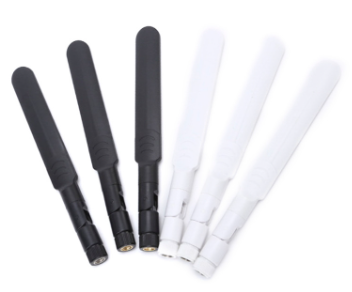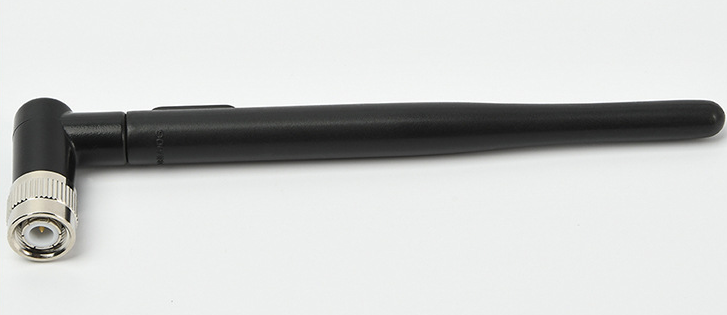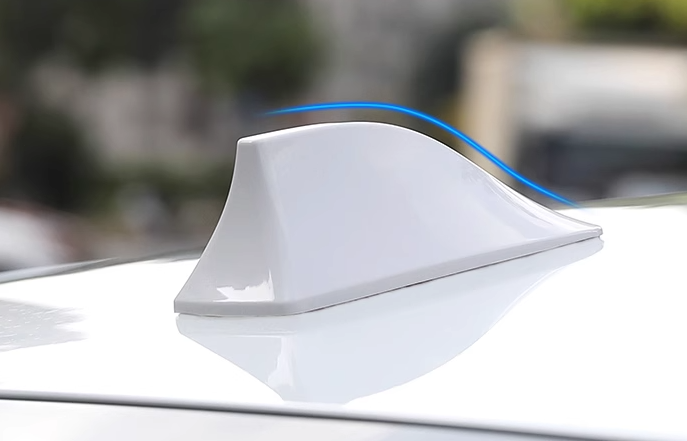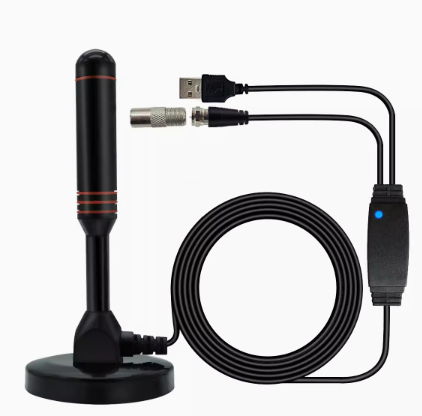4G antenna application
4G Antennas: What You Need to Know
4G wireless technology has revolutionized the way we communicate and access information. It provides faster speeds and better connectivity than previous generations of wireless technology. However, to fully benefit from 4G, you need a reliable and efficient antenna. In this article, we will cover everything you need to know about 4G antennas.
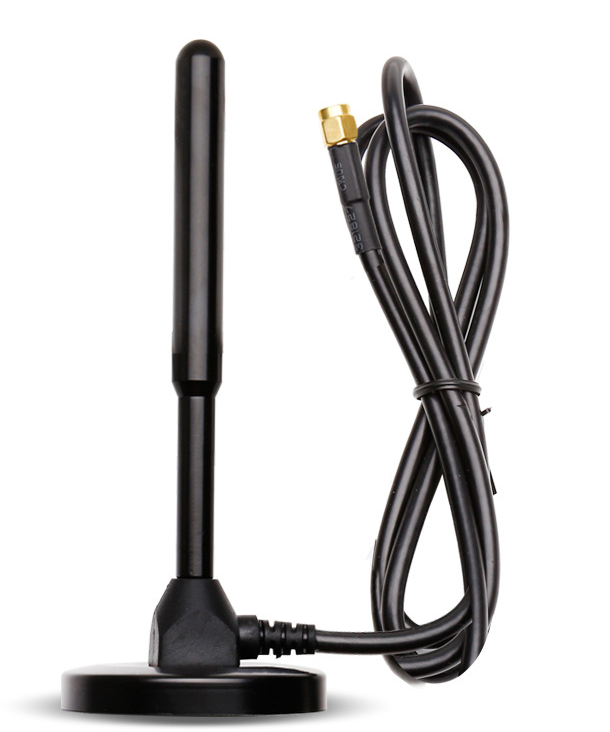
What are 4G Antennas?
A 4G antenna is a device designed to receive and transmit a wireless signal using the 4G frequency band. It consists of one or more metallic elements that are specifically designed to pick up signals from a cellular tower and transmit them to your device or router.
Types of 4G Antennas
There are several types of 4G antennas that are commonly used. The most common types include:
1. Omnidirectional Antenna: This type of antenna radiates its signal in all directions, making it ideal for use in areas with weak signals. It is commonly used in rural areas where the signal strength is weak and requires an antenna with higher gain to pick up the signal from the cellular tower.
2. Directional Antenna: A directional antenna sends a focused signal in a specific direction. This type of antenna is ideal for use in urban areas where many cell towers are located, and the signal needs to be directed towards a specific tower.
3. Yagi Antenna: The Yagi antenna is a directional antenna that is commonly used for outdoor installations. It is designed to pick up signals from a single direction and reject signals from other directions.
4. Panel Antenna: The panel antenna is ideal for use in large buildings and indoor installations. It is designed to provide coverage in a specific area and can be mounted on a wall or ceiling.
Factors to Consider When Choosing a 4G Antenna
When choosing a 4G antenna, several factors need to be considered. These include:
1. Frequency Band: The 4G frequency band varies from country to country, and it is essential to choose an antenna that supports the frequency band used in your area.
2. Gain: The gain of an antenna refers to its ability to pick up a weak signal and amplify it. A higher gain antenna will provide better performance, especially in areas with weak signals.
3. Polarization: Polarization refers to the orientation of the antenna element. It is essential to choose an antenna with the correct polarization as it can affect the performance of the antenna.
4. Installation: The installation of the antenna is equally important. The antenna needs to be installed in the correct position and orientation to ensure optimal performance.
Conclusion
In conclusion, 4G antennas play a crucial role in the performance and reliability of 4G wireless technology. Choosing the right antenna for your needs depends on several factors such as gain, frequency band, and polarization. We hope this article has provided you with a better understanding of 4G antennas and what to consider when choosing one.
